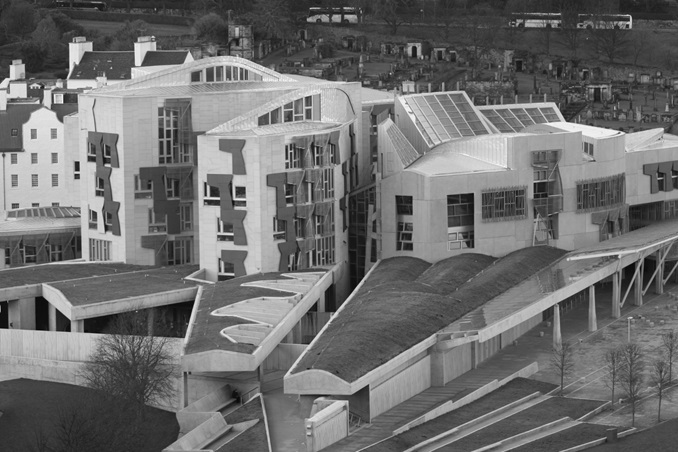New Scottish coronavirus legislation passed
A second Coronavirus Bill made its way through the Scottish Parliament this week. Initial amendments proposed by some Green and Labour MSPs contained a number of highly alarming and unfair plans for further “emergency” changes to the laws governing the private rented sector (PRS). If these had been passed, they would undoubtedly have damaged member rental businesses further and in fact been detrimental to the interests of the tenants who these politicians claim to be trying to help.
The amendments proposed included a two-year private sector rent freeze, rent arrears in cases of extreme hardship as a result of coronavirus to be “extinguished” and a two-year ban on tenant evictions for rent arrears.
As soon as these were published, SAL chief executive John Blackwood spent much of his weekend speaking by phone with politicians and key Scottish Government officials, expressing clearly how unacceptable they were and outlining the likely counterproductive effects they would have on landlord/tenant relationships.
It was essential to work quickly to find political support to defeat the amendments, to prevent more harm being done to the PRS, much of which is suffering just like most other businesses, from the effects of the pandemic.
Tenants should be supported, but not at the expense of landlords
SAL does of course agree there is a need for tenants to be supported. We want tenants, who after all are our valued customers, to receive every assistance possible in this difficult time and we welcome the additional financial support the government has given tenants. It must be recognised however that landlords and letting agents are not charities nor are we publicly funded. If tenants do not pay their rent the simple fact is, sooner or later they will lose their home. Nobody should lose their home and no landlord wants this to happen – not now and not in a years’ time either. Members have shared their stories of help and assistance being given to their tenants and some examples of these are online here.
Thanks to SAL lobbying and the help of supportive politicians, with whom SAL has developed and nurtured good working relationships over many years, the amendments were defeated. The new Coronavirus Act as the Bill will become when it receives Royal Assent, can thankfully be seen as welcome to most members whereas it could have been a disaster. We need to be on our guard for further attacks on our sector, from politicians trying to gain votes by setting landlords and tenants up in opposition to each other.
SAL will never accept this. We are providers of good homes in Scotland which are the active choice of many renters, and we will ensure this is recognised.
The Bill was passed in Parliament late on Wednesday evening and these will be the main changes affecting our sector:
Council tax lobbying success
SAL has been lobbying MSPs for a change to council tax legislation to exempt all empty rental properties from council tax during the coronavirus crisis. Unfortunately, the Parliament did not support this however, interestingly the Minister for Public Finance and Migration has written to all council leaders in Scotland encouraging local authorities to use existing powers to defer the payment of council tax where a property is unoccupied due to the impact of the pandemic, and the property owner is struggling to meet their council tax liability. Such deferred council tax can then be paid once a property owner’s financial circumstances have improved, such as when the property in question is let or sold.
SAL is however pleased to report that MSPs did approve a change which exempts properties previously occupied by students from council tax for the duration of the legislation being in force. This exemption applies to properties which became unoccupied on or after 17 March 2020. The exemption will end when the legislation expires on 30 September 2020 although there is provision for the legislation to be extended beyond this date.
Additional requirements to gain possession
The legislation will give ministers powers to introduce regulations requiring landlords to comply with pre action requirements before serving notice for rent arrears. This could include a requirement to notify tenants about the terms of the tenancy and what amounts are outstanding. The regulations can also set out steps that landlords must take to try to agree arrangements for repayment of any sums due. The Housing Minister has committed to working with SAL and other stakeholder groups in developing such regulations.
Purpose built student accommodation
Another change introduced by the Bill is that student tenants whose landlord is an educational institution or purpose-built-student-accommodation provider, can give 7 days’ notice to end existing tenancies and 28 days’ notice to end any tenancies which commence after the Act comes into force. These notice periods apply until the legislation expires on 30 September 2020 (although there is provision for the legislation to be extended beyond this date).
Discretionary Housing Payment
During the course of debating the Bill the Housing Minister announced that funding for Discretionary Housing Payments will be increased by £5 million to help tenants who are struggling to cover their housing costs.
Members are encouraged to signpost tenants for all possible help they may be entitled to and you can find details of these on our Tenant Help page here.

